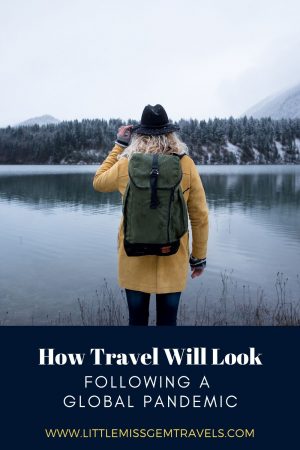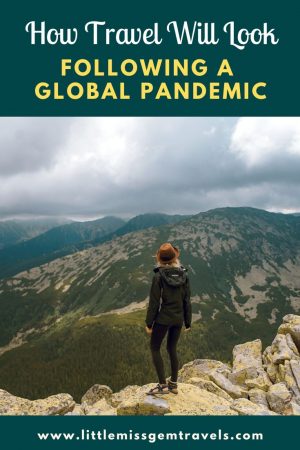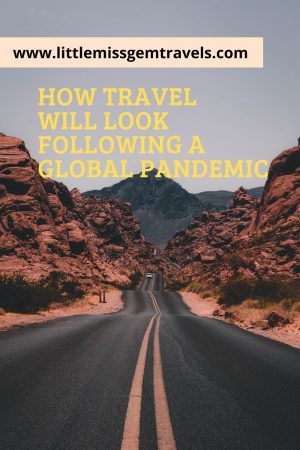The posts in this blog may include affiliate links. This means that when you decide to purchase anything through these links I get a small commission at NO extra cost to you.
If the global pandemic of Coronavirus has taught us anything it’s that the ability to travel means more to us all than we had previously imagined. Travel equals freedom, and when that is taken away we have all felt a dramatic sense of loss. As some countries begin to look as though they have gained control over the spread of the virus and are starting to reopen their economies and their borders, now is the time when we can start to look at how travel will look following a global pandemic and what changes we will be forced to make.
How Travel Will Look Following a Global Pandemic
It’s difficult to think about travel when you barely leave your house, and the simple act of going to the supermarket suddenly becomes an organised military operation. Social distancing measures have meant that simply passing each other on the street has at times been strategic and measured and has caused any thoughts of strolling narrow European streets to turn into a distant memory.
Instead we have all been getting our travel fix in a variety of different way: watching a Nat Geo series on Disney+, reading an old dog-eared Lonely Planet guide, re-watching a favourite youtuber, or pouring a tasty cocktail before settling in for the Saturday night online pub quiz. Of course you might be one of those more productive people and become fluent in Russian or been cooking a different foreign cuisine every week: however you’ve been spending the last three months, the chances are that you’ve been trying to relive some favourite travel memory or experience.
As fun as it is to watch or read about someone else’s travel experiences or learn a new skill such as a language, there’s nothing quite like arriving in a brand new destination ready to start exploring. So as we sit patiently waiting for flights to resume, hotels to take those first few bookings and restaurants to reopen, I’ve been thinking and reading about how different the travel experience will look following a global pandemic once we all start exploring again.
It’s likely that our journeys will be made more thoughtfully and with much more purpose. Most people have done their best to contain the spread of the virus so (I hope) that as we are able to start moving around more we will attempt continue with this conscious and attentive mindset when planning and taking our travels. It is likely that we’ll all travel smarter, probably a bit less frequently, but for longer periods of time.
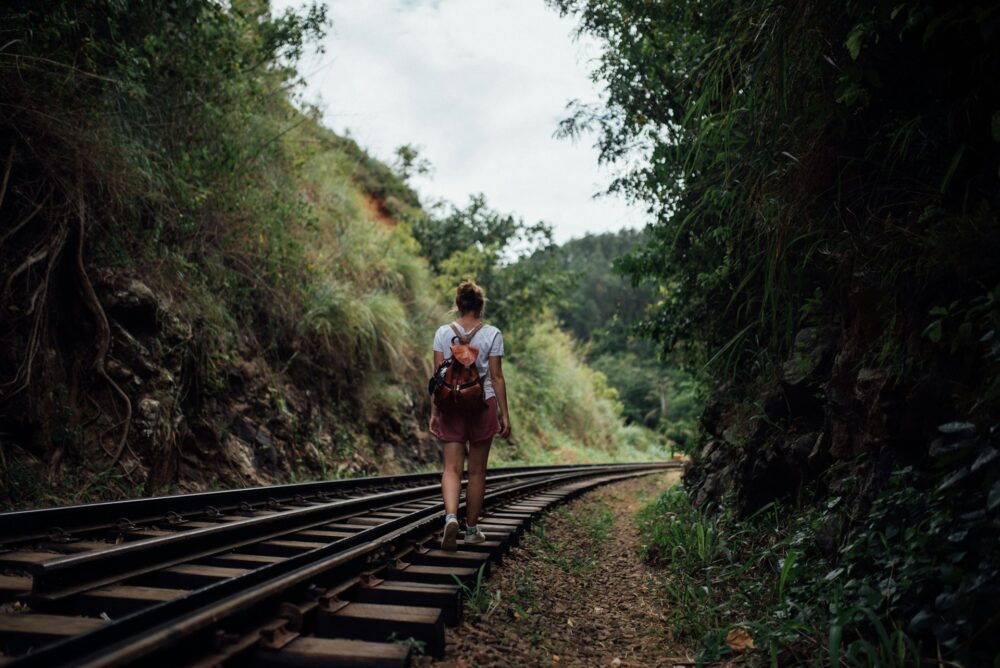
For many people travel has been about racking up the air-miles, cramming in as many trips in a year as possible and ticking off countries as though the world is a giant to-do list. Being made to stay at home, has for many people, forced them to take more notice of their immediate surroundings, to walk in areas they’ve never been before, to notice wildlife and architecture that previously had gone ignored. Staying home has forced us all to pay attention to the little things that are closer to home.
I’m sure we’ve all seen the photos and videos of dolphins in the canals of Venice, wild boar wandering the streets of Berlin and goats exploring small neighbourhoods in North Wales. Without the constant interference of humans animals have been reclaiming their habitats. Even air and water pollution has been dropping and carbon emissions are the lowest they have been in decades. With such positive effects, it’s difficult to ignore the need for environmentally-friendly travel habits. If we truly want to keep our carbon footprints low and to alleviate any lingering anxieties about travelling (flying in particular) following a global pandemic then we’re all going to have to think about travelling a little closer to home in future.
Instead of filling the year with dozens of weekend trips, hopping on and off planes every month and darting from country to country to visit as many as possible, slow down. Take longer to plan a trip, travel by bus or train and stay in that destination for longer, take the time to really explore your surroundings. You may have taken twelve short trips in 2019, so why not take two or three longer ones in 2021?
We’re in the midst of another global recession, millions of people are unemployed and with businesses shut down in almost every country it’s nearly impossible to see light at the end of the tunnel. However, for some, planning future trips has already started (I’ll admit, the eagerness of some people concerns me) but this doesn’t mean that we should be focusing on bagging the cheapest flights available and going to the first country that reopens their borders. Instead we should be considering our local economies first, helping our own communities get back on their feet. Focus should be on family-run hotels, independent shops and local tour operators over the bigger chain brands. It probably won’t save you money over the course of a year but the result of you directing your money and time in a more generous manner following a global pandemic will be far more valuable in the long run.
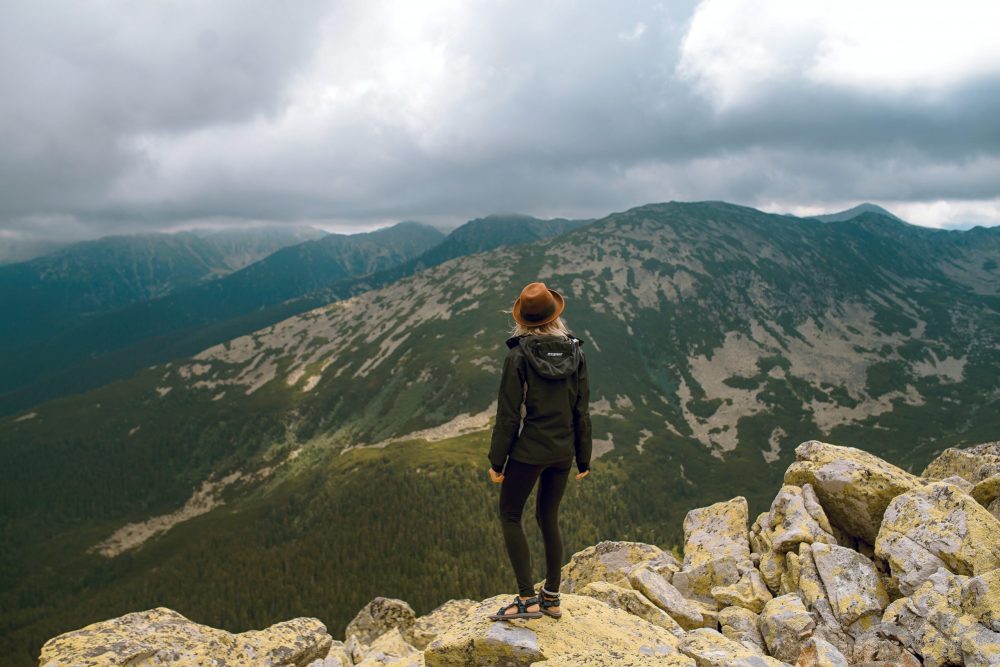
But do we really want to travel anymore?
Temperature checks, facemasks, social distancing, quarantines… all of these things are part of what travel looks like for the foreseeable future, and that’s just taking a flight. We have no idea how long these restrictions will last, so why bother planning trips at the moment?
Then there’s arriving at those dreamy destinations. What will our future travels plans look like?
Travellers have always rated hotels by their levels of cleanliness highly, but in the future hotels will need to demonstrate that they have implemented enhanced health and safety protocols for cleaning guest rooms, meeting rooms and communal spaces following a global pandemic. There have even been suggestions that rooms are immediately disinfected after a guest has checked out and then left empty for 24 hours before it can reissued.
Checking in to a hotel could look very different as some larger hotel chains are removing their reception desks and have already started to implement automated self check-in procedures using phone apps.
For me, a highlight of a hotel stay can often by summed up in two words: “breakfast buffet” but this now could become a thing of the past as hotels remove the plates of various hot and cold meats, cheeses, breads and pastries and the myriad of bowls of cereal, fruit and muesli. The communal handling of jugs and tongs has become too risky. From now on it looks as though all meals will be available as table service or room service.
Does this mean that the minibar is no longer an offering?
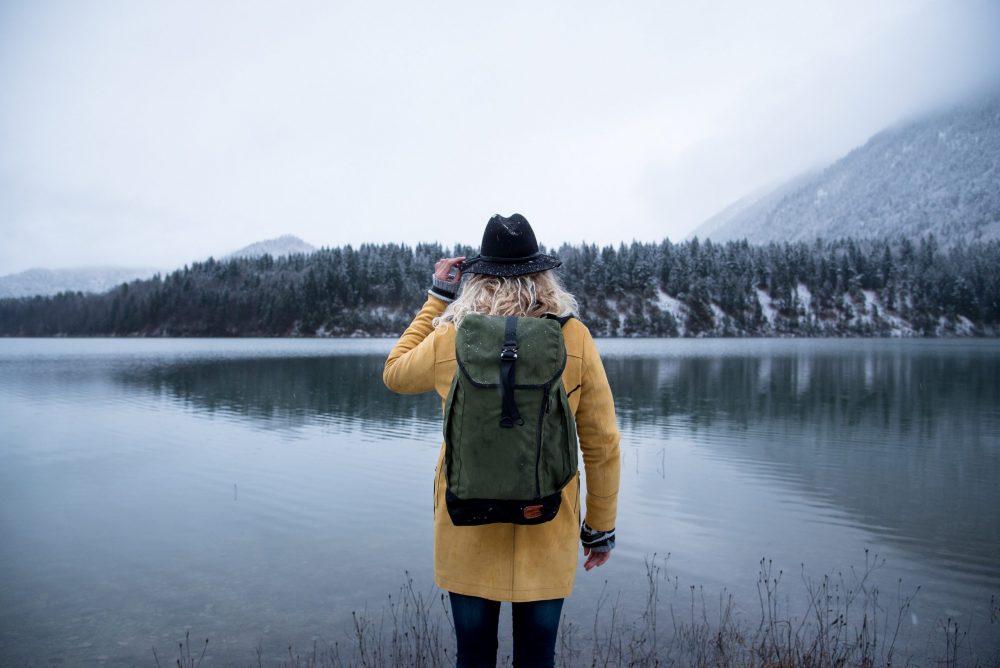
For some people staying in a hotel means enjoying all perks and amenities, such as the gym, the pool, the spa, but what if that experience is also about to change forever? Hotels could enforce staggered, scheduled time-slots, capacity could be limited. With so many more restrictions, will your stay still be as enjoyable?
We all love a little bit of luxury and pampering every now and then, but how luxurious would a hotel stay feel if all of the extra little items were to be removed? Some hotels have already waved goodbye to items such as complimentary pens, paper, magazines and tourist brochures, and other items that we love but are not crucial to the room. Extras such as irons and hairdryers may only become available on request. I’ve even read about hotels removing all additional soft furnishings such as cushions, and additional blankets and duvets are now only available on request. It could also finally mean the end of the much maligned miniature toiletries.
The question is, what about the smaller, independent hotels and bed and breakfasts, whose budgets won’t stretch to becoming tech-led and requiring huge refurbishments? I have always been drawn to these smaller, more intimate and (in my opinion) more friendly types of accommodation for the very reason that so many of them are unique, welcoming and homely. Do I really want to traipse halfway across the world to check myself in via an app, have all of my meals delivered to my door and stay in rooms that are stark and bare with no personality or character?
I’m excited to see what travel looks like following a global pandemic, but I’ll be honest, I’m in now hurry to find out right now. I understand that we need to start rebuilding the economy, but I genuinely believe that instead of jumping on the first cheap flight available we should all be focusing our efforts on looking around at our local communities and offering our time and money just a little closer to home.
For now at least.
How do you think travel will look following a global pandemic?
Let me know in the comments.
